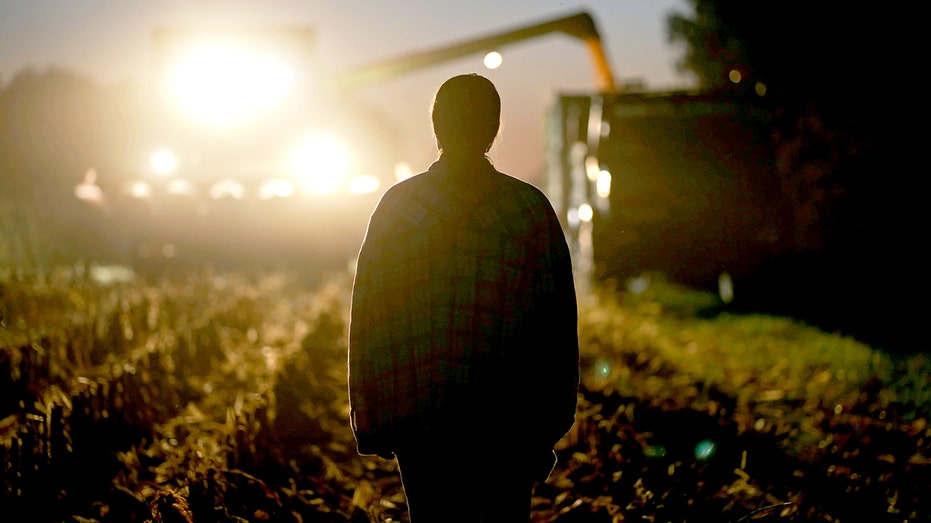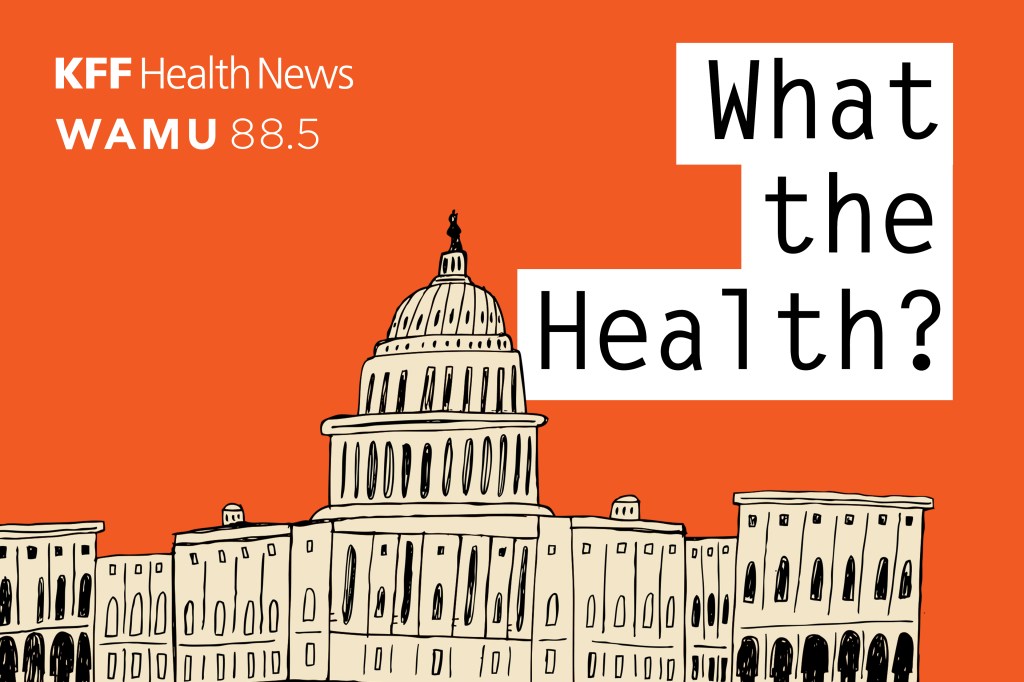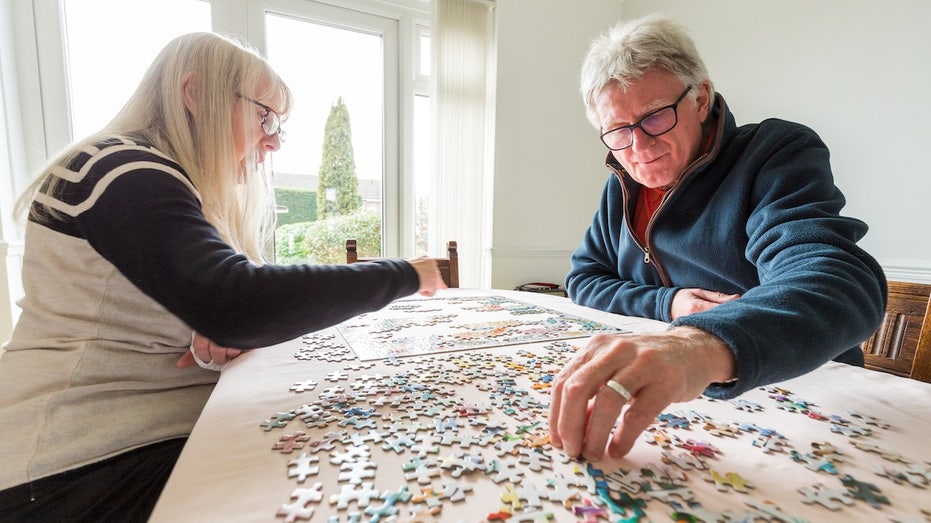The rising trend of “sleep divorce”—couples choosing to sleep in separate beds, or even rooms—has been touted as a path to better rest. Inspired by Scandinavian practices like sharing a bed with two duvets, the idea centers on prioritizing individual sleep quality. But a recent study challenges this notion, suggesting that sharing a sleeping space may be far more vital to overall happiness than previously thought. Researchers in Taiwan surveyed 860 older, heterosexual couples, meticulously examining the connection between their sleeping arrangements and psychological well-being. This well-being wasn’t simply defined as the absence of distress, but measured through genuine happiness, life satisfaction, and a sense of fulfillment. The study went beyond surface-level observations, employing detailed statistical analysis to assess sleep patterns and individual characteristics. The results were striking. Older couples who slept apart consistently reported lower levels of psychological well-being compared to those who shared a bed. Surprisingly, simply sharing a home proved less impactful than sharing the intimacy of a sleeping space. This suggests that the act of sleeping together holds a significance that extends beyond mere physical proximity. The study highlights that sleeping arrangements aren’t just a logistical detail, but a “significant factor” in a couple’s emotional health. It emphasizes the crucial need to consider sleep within the broader context of the relationship itself, recognizing the deep interconnectedness between rest and emotional connection. Sleep expert Dr. Wendy Troxel, author of “Sharing the Covers,” noted that sleeping apart can create psychological distance, potentially leading to feelings of withdrawal from a partner. While acknowledging the trend, she emphasized that this new research supports the intuitive belief that separate sleeping arrangements can signal underlying issues within a relationship. However, Dr. Troxel also cautioned against drawing definitive conclusions. The study was cross-sectional, meaning it revealed a correlation, but couldn’t prove that sleeping apart *caused* lower well-being. Existing health challenges, like chronic illness or sleep apnea, could be influencing both the decision to sleep separately and a couple’s mental health. Older adults are particularly vulnerable when it comes to sleep and mental health. Up to half of those over 60 experience insomnia or other sleep disruptions, and age-related changes naturally lead to lighter, more fragmented sleep. This vulnerability is often compounded by increased rates of depression, loneliness, and anxiety, creating a cycle that undermines both sleep and emotional well-being. There’s no universal answer to the “right” way to sleep. For some, the closeness of sharing a bed provides comfort and security. But for others, separate bedrooms can be a healthy solution, especially when sleep disorders or incompatible habits are present—provided the decision is made through open communication and mutual understanding. The benefits of physical closeness shouldn’t be underestimated. Cuddling and shared sleep can trigger the release of oxytocin, often called the “love hormone,” while simultaneously lowering stress hormones and fostering feelings of safety. These physiological responses contribute to emotional regulation and improved sleep quality. Of course, disruptions like snoring, restless movements, or differing temperature preferences can sabotage sleep. Chronic sleep deprivation erodes mood, empathy, and patience—essential components of a thriving relationship. Ultimately, the healthiest sleeping arrangement is the one that prioritizes consistent, quality sleep, emotional connection, and long-term well-being for both partners.
SPLIT SLEEPING: Is Your Relationship on the Brink?

Share this article
Related Articles
Trending Now
Article Info
Category
Health
Published
Oct 29, 2025
Last Updated
2 minutes ago





